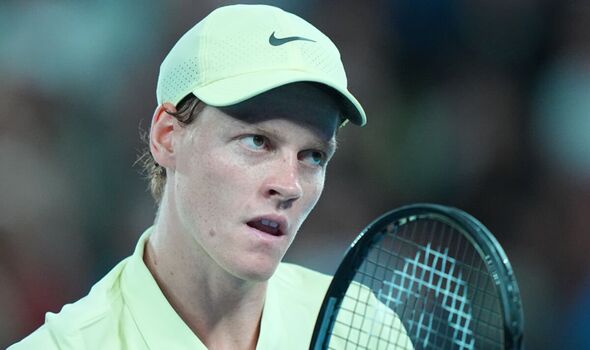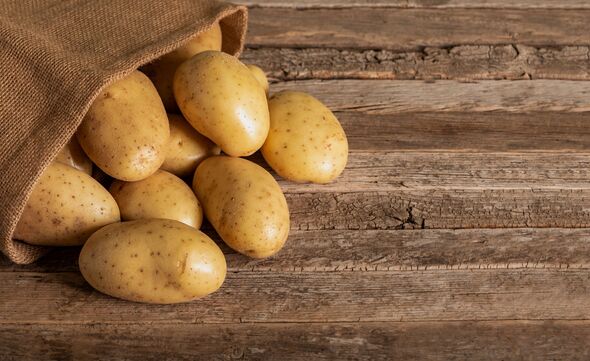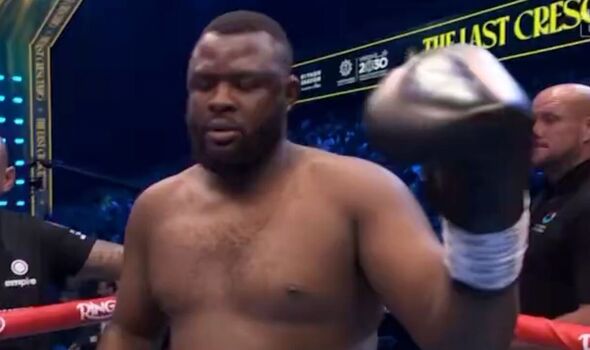
Raptors Fans and the Galvanization of the ACC
August 3, 2014
The V4′s greatest existential threat
August 8, 2014I moved backed to Scotland last year for a few reasons. There’s some vote-type referendum thing; I had grown tired of London and the quotes of Samuel Johnson; and the Commonwealth Games were coming home.
I love Glasgow, that is surely apparent. The city of my upbringing, the city of my politics, the city of my life; I owe Glasgow. I was recently interviewed by an American journalist who was surprised by my paean of praise and passion about my home-town. (I suspect he saw an immigrant rather than a citizen.) In explaining my relationship I found myself realising that in the film of my life, alongside parents, brothers, pals and the owner of Cafe Gandolfi, Glasgow herself would be a character, a force I had to reckon with. I’m not sure there are that many cities that make folk feel that way.
We are a city of extremes. I can’t think of another with a motorway bisecting its heart, while the river that defined it has only recently been set back on the road to glory. When we sand-blast buildings, we do them all, even portakabins. When we are bigoted and small-minded, we redefine idiocy. When we party, we party loud, hard, into the next day. When we are unhealthy, we are the unhealthiest in Europe. And when we host a Commonwealth Games … well, we set a new standard for superlatives.
Now the preparations for the closing ceremony have been finalised and wee Kylie dusts off her gold-lame charity-shop hot pants, I can admit there was a time I had genuine concerns we wouldn’t pull this off.
I always knew we could do it but our city mothers and fathers don’t have an unblemished record for returning success. Don’t tell me you didn’t think the same. But for all my fears, this has been the people’s Games. The Clydesiders have courted and claimed every accolade imaginable.
While for some, the ubiquitous message that “People Make Glasgow” might have dripped with marketing hyperbole, it’s plainly true. Smooth down the Armadillo; chain-close the Hydro; evacuate the Art Gallery at Kelvingrove: Glasgow will still be the vibrant, edgy, warmly welcoming city. People really have and still continue to make Glasgow.
Glasgow may be many things to many people but Usain Bolt should have known better if he suggested, as has been reported and denied by him, that my town is “s***”. For all his achievements, his status as a world-beating, epoch-making athlete, not even he is bigger than these Games or this city. Likewise, no-one is pretending the Games are on a par with the Olympics. But in an age of the overblown, overpaid sports star, it’s refreshing to be reminded of the link between sport and regular folk.
I wasn’t born in Glasgow. No. I am an adopted son. Let me tell you a wee story …
My brothers and I were born in that big London over the cusp of the Swinging Sixties and the Soporific Seventies (too many too-long guitar solos, too much cheesecloth). At the time we were a London-based family, with no great knowledge of anything further north than Birmingham.
The only place that would recognise my dad’s Indian qualifications was Dundee. Bizarre, I know. My dad ended up travelling up to tae Tayside where he was training to be a teacher. The plan always seemed to be that he would eventually qualify and return to London. But Fate has a canny knack of intervening.
The big fella tells a story about travelling north, having spent a weekend back in London with his wife and weans. At that time my dad was a teetotal, non-meat-eating Sikh fella with some well-cut suits. Upon boarding the train he found himself returning to Scotland with what was the precusor to the Tartan Army: the carriages were totally tartan, the aroma of stale, warm beer and testosterone as intimidating as the raucous, drunken singing. Remember the times: the National Front were on the rise, their membership at its zenith (or nadir if you were a brown or black Briton). Prime Minister Harold MacMillan’s “Wind of Change” speech in Cape Town – which foreshadowed the decolonisation of the former British territories – had sparked the racist right into a tornado of hate. I have no doubt that as my father boarded that train he couldn’t have expected the welcome he got.
He was offered beer and sandwiches, he was spoken to, joked with. He was welcomed. As soon after that as he could make arrangements, our family found itself Glasgow-bound. That was 40-odd years ago.
I never wanted to live in London. But, laden with the most ironic of ironies, I had to go there as an economic refugee, a generation after my parents left the Punjab for a better life. There just wasn’t the work for me at BBC Scotland in the early 1990s.
But after two decades there, I’m back. The other night, me and my Giffnock girlfriend were waiting for a cab home when a couple of swaggering Scots, replete with the joy of the Games, meandered out of the pub. It was the kind of meander made meaningful by a good few drams and plenty of Deuchars. I’d been hosting a Commonwealth event so was casually kilted (although my Slanj purple tartan clashed rather gloriously with my turquoise turban and my Adidas tracksuit; aye, got dressed in the dark. Again). The happy drunks got even happier when they saw this Scottish Sikh and they shared a few stories and laughs in the very best of humour. They left telling me how proud they were that there were Glaswegians like me. I was humbled. Truly. After a lifetime of fighting to be accepted it seemed that moment had finally arrived. That moment was during these Games.
I am of course a born romantic; the country of my upbringing redefined romance through Scott and Burns. But don’t let my fulsome love of Glasgow deceive you. There is a reality to this city, a city still riven on sectarianism, divided by religious hatred. And the health issues don’t seem to be changing. Glasgow men will live the shortest lives of any UK males, curtailed by an average of six years. At one point in the last decade, life expectancy was worse in Glasgow than in the Gaza Strip.
For some, the auld image of Glesga, razor gangs and Gorbals, still prevails. Eddie the cabbie was telling me he recently had an Essex couple in his car who had entered the city limits for the first time, their trip tempered with trepidation. They had imagined the pre-gentrified Glasgow of the 1970s. They had no idea the city had changed, had embraced its past and transformed its future. Looks like Mrs and Mr Essex will be returning soon.
During those 20 years spent living down south, I returned home, eight, nine, 10 times a year. (They don’t have tattie scones, plain bread and proper chat in London.) So I had been fully aware of the new narrative of Glasgow, which started with the Garden Festival in 1988, evolved into City of Culture a couple of years later, and the trajectory seemed set. But I had noticed of late that Glasgow had slumped a little; the city seemed in a dwam. Having once been at the cutting edge of food, fashion and music, Sauchiehall Street had become a churn of charity shops; the bars and restaurants seemed to have lost their innovation.
Don’t get me wrong: I never doubted the feisty Phoenix that made Glasgow, and then re-made the Glasgow of my teenage years, would eventually re-emerge.
And it has. Glasgow is getting gallus again. Bands like The LaFontaines, The Chvrches and Camera Obscura; restaurants like The Crab Shakk, Dining Inn and The Gannet; places like the Hydro, the new Transport Museum and Grand Central Hotel all galvanise the gallus. The Games have focused the Phoenix.
But I’ve never seen the Merchant City less mercantile and more about merriment than these past few days. The place has been hoachin’ with with folk. Glasgow Green, the epitome of egalitarian Glasgow, has been revitalised with a parties and pandemonium. And, lest we forget our hand in the history of the more brutal broadsides of Empire, doon by the watter the Empire Cafe has reminded us the blood and bones of slavery helped build this city.
There’s a reason we have bridges called Kingston and Jamaica. And tonight I will be helping close Pride House in the city, a venue embracing and celebrating a modern Games, welcoming gay and lesbian athletes and visitors in that inimitable Weegie way.
I’ve never been prouder of my hometown and its people. We’ve done ourselves no end of good. And while there is no empire of which Glasgow can be the second city, when it comes to future Games we may be the first city of the Commonwealth. People do indeed make Glasgow. And Glasgow made these Games great.
Hardeep Singh Kohli performs his show Hardeep Is Your Love at the Edinburgh Fringe at the Pleasance until August 25.



